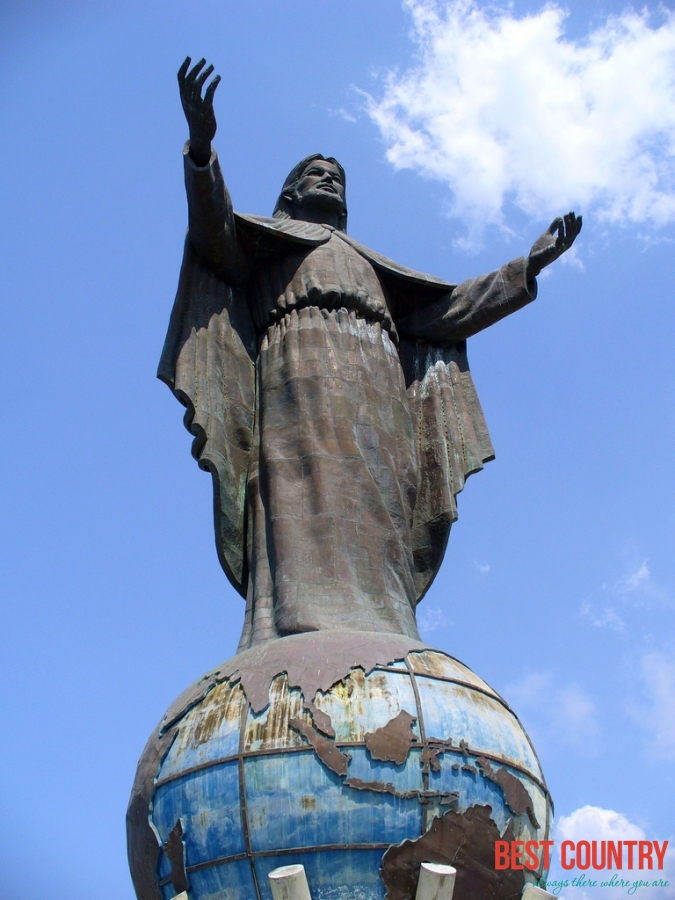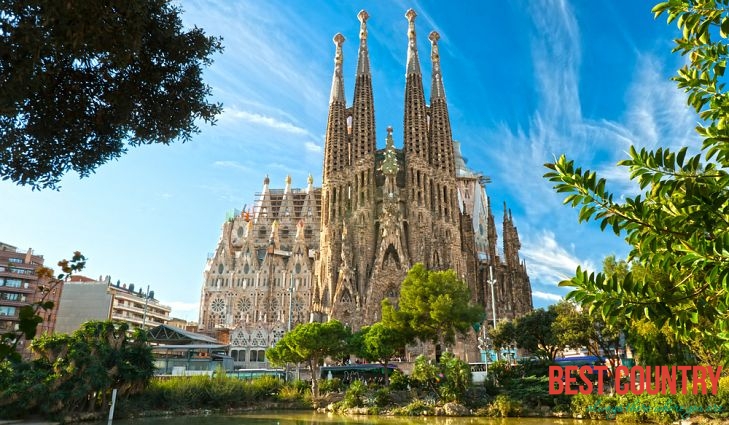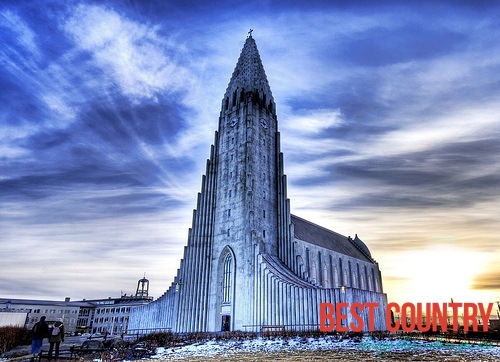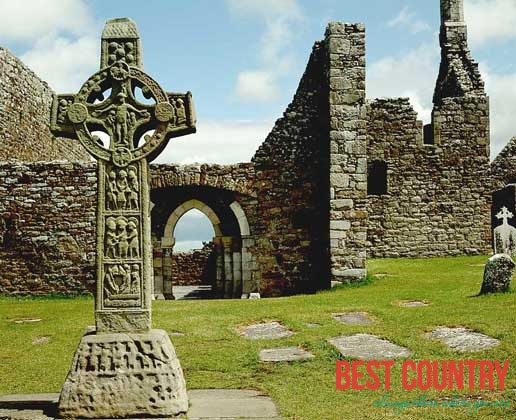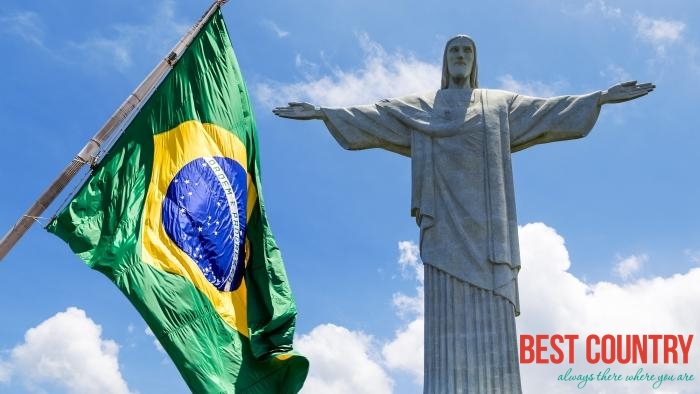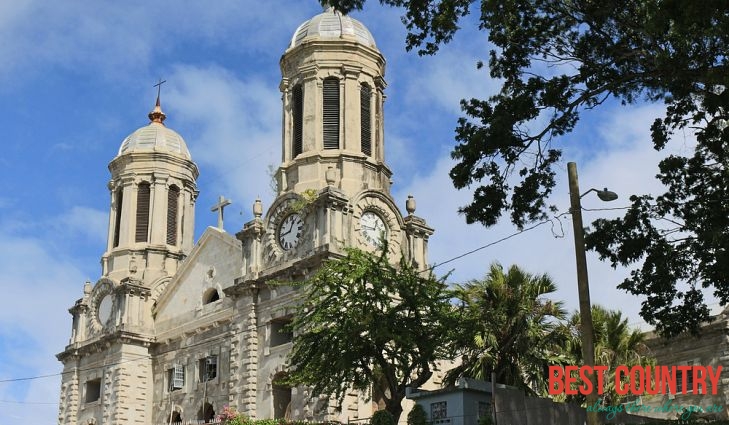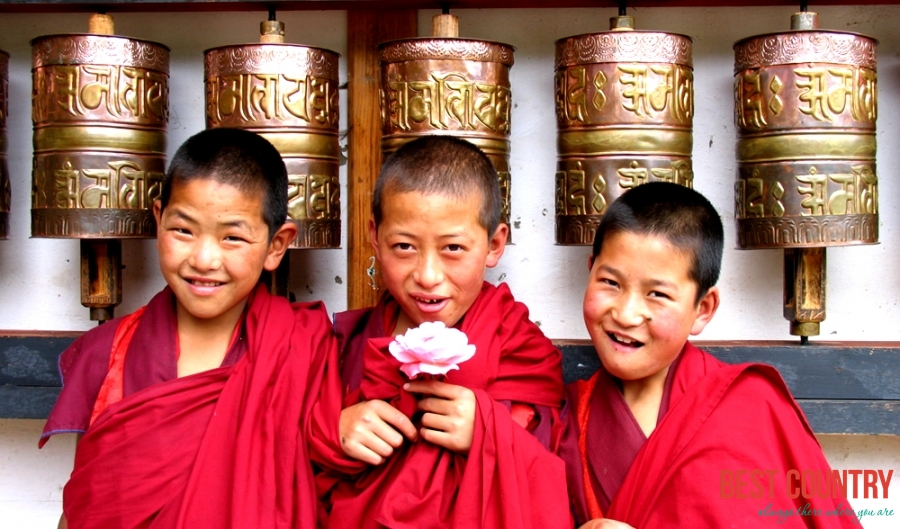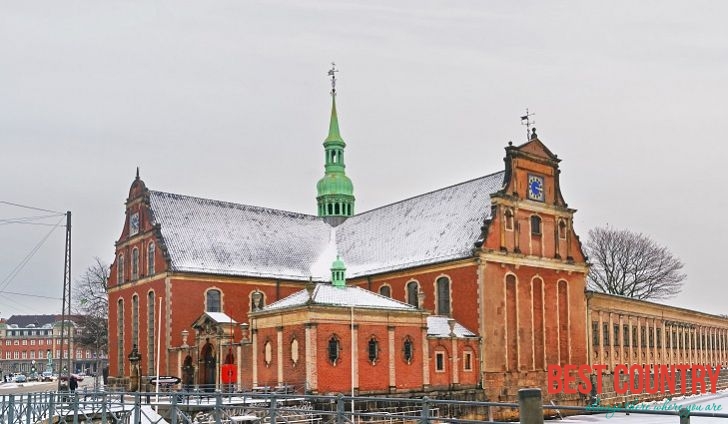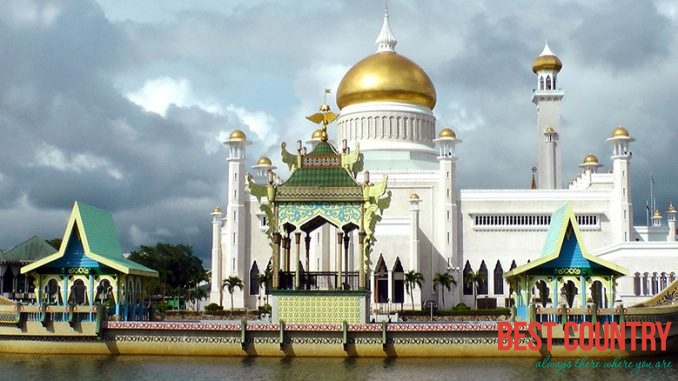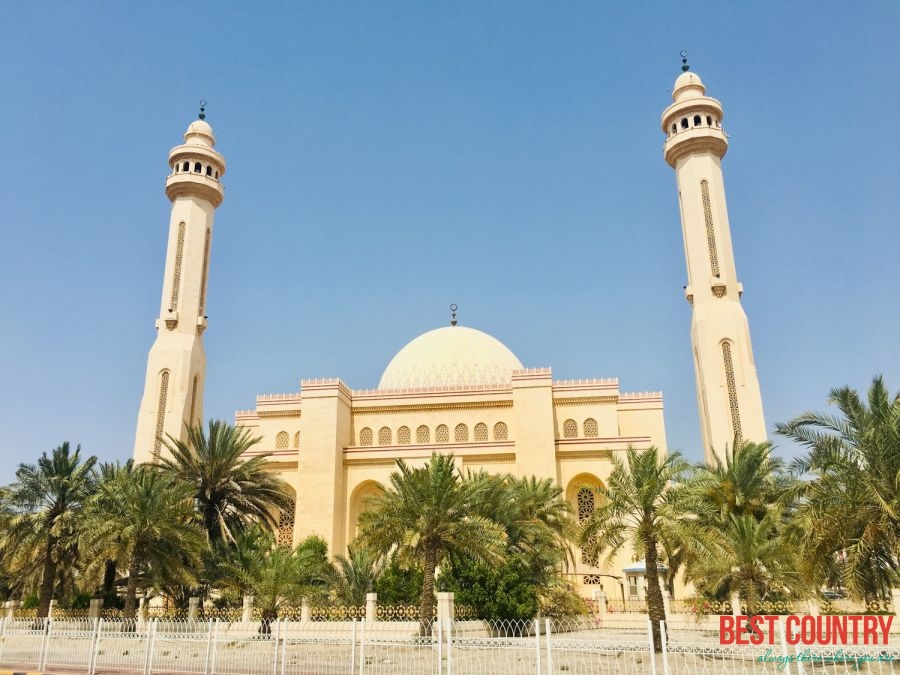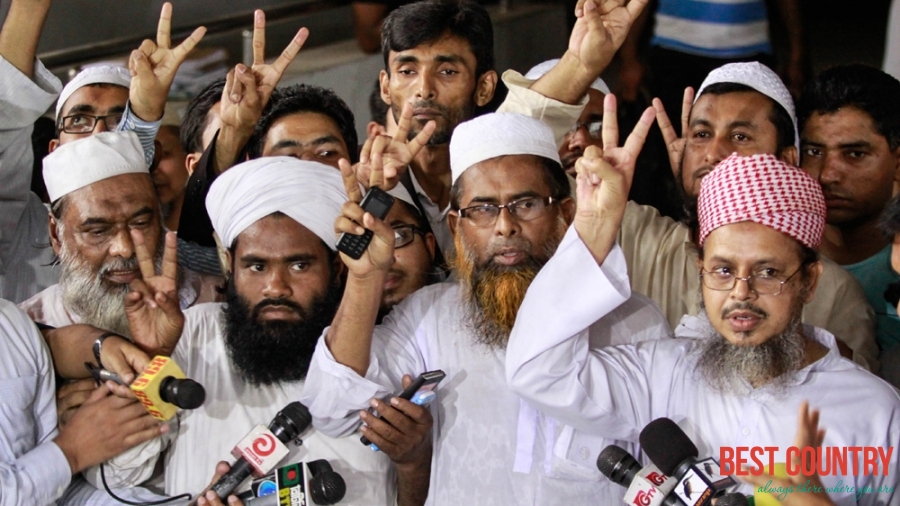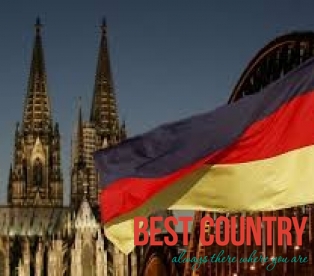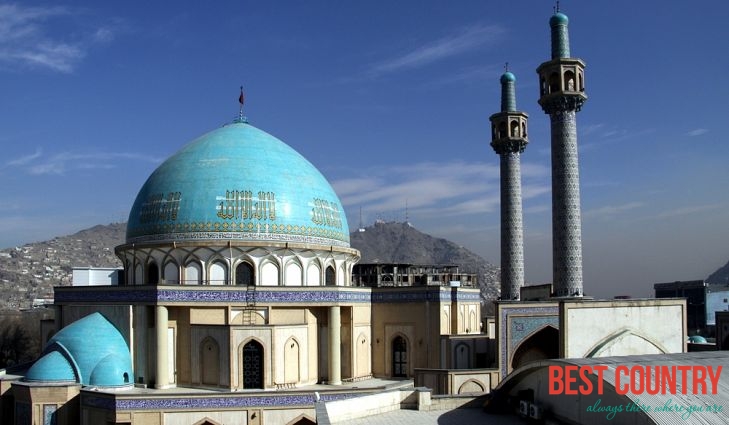Religion in different countries
Religion in East Timor
The majority of the population of East Timor is Catholic, and the Catholic Church is the dominant religious institution.There are also small Protestant and Muslim communities.
Religion in Spain
When King Ferdinand and Queen Isabella ruled Spain in the 1400s and 1500s, they decreed that all Spaniards must become Roman Catholics. People who practiced other religions, such as Islam or Judaism, where forced to change religions. If they did not, they were killed or exiled from Spain.
Iceland Religion
Iceland religion in the initial period of the existence of the island was dominated by Pagan religious beliefs. This religion in Iceland is known as the Norse religion that has intimate associations with innumerable mythologies of Iceland.
Religion in the Republic of Ireland
The predominant religion in Ireland is Christianity, with the largest church being the Roman Catholic Church. Ireland's constitution states that the state may not endorse any particular religion and guarantees freedom of religion.
Religion in Benin
According to the 2002 census, 27.1 percent of the population of Benin is Roman Catholic, 24.4 percent Muslim (mainly Sunni), 17.3 percent Vodun, 5 percent Celestial Christian, 3.2 percent Methodist, 7.5 percent other Christian denominations, 6 percent other African Traditional Religion groups, 1.9 percent other religious groups, and 6.5 percent claim no religious affiliation.
Brazilian religion
Brazilian religion is more than just a belief system; it is the center of much of the Brazilian culture and social system.
Religion of Antigua and Barbuda
Seventy-four percent of Antiguans are Christians, with the Anglican denomination (about 44%) being the largest. Other Christian denominations present are Baptists, Presbyterians and Catholics. Non-Christian religions practiced in the islands include the Rastafari Movement, Islam, Judaism and the Baha'i Faith.
Bhutan Religion
The Kingdom of Bhutan is the only country in the world where Buddhism is the official religion and is endorsed by the government. To ensure the perpetuation of Buddhism, normally, one son from each family attends monastic school.
Religion in Denmark
The official religion in the country of Denmark is Evangelical Lutheran, as stated in Paragraph 4 of the Danish Constitution. There are also other religions recognized by the constitution.
Religion of Brunei
Brunei is officially known as Brunei Darussalam. The word Darussalam literally means 'the Abode of Peace'. The Constitution identifies Islam as the official religion of Brunei.
Freedom of religion in Bahrain
The Constitution of Bahrain states that Islam is the official religion and that Shari'a (Islamic law) is a principal source for legislation. Article 22 of the Constitution provides for freedom of conscience, the inviolability of worship, and the freedom to perform religious rites and hold religious parades and meetings, in accordance with the customs observed in the country; however, the Government placed some limitations on the exercise of this right.
Bangladesh : Religions
Islam, the state religion, is the faith of 88 percent of the population, almost all of whom adhere to the Sunni branch. Hindus make up most of the remainder, and the country has small communities of Buddhists, Christians, and animists.
Religion in Germany
Roman Catholicism, one of Germany's two principal religions, traces its origins there to the eighth-century missionary work of Saint Boniface. In the next centuries, Roman Catholicism made more converts and spread eastward.
Religions of Afghanistan
Approximately 99% of the population of Afghanistan is Muslim. About 84% are Sunni Muslim and 15% are Shi’a Muslim (mostly Hazaras).
